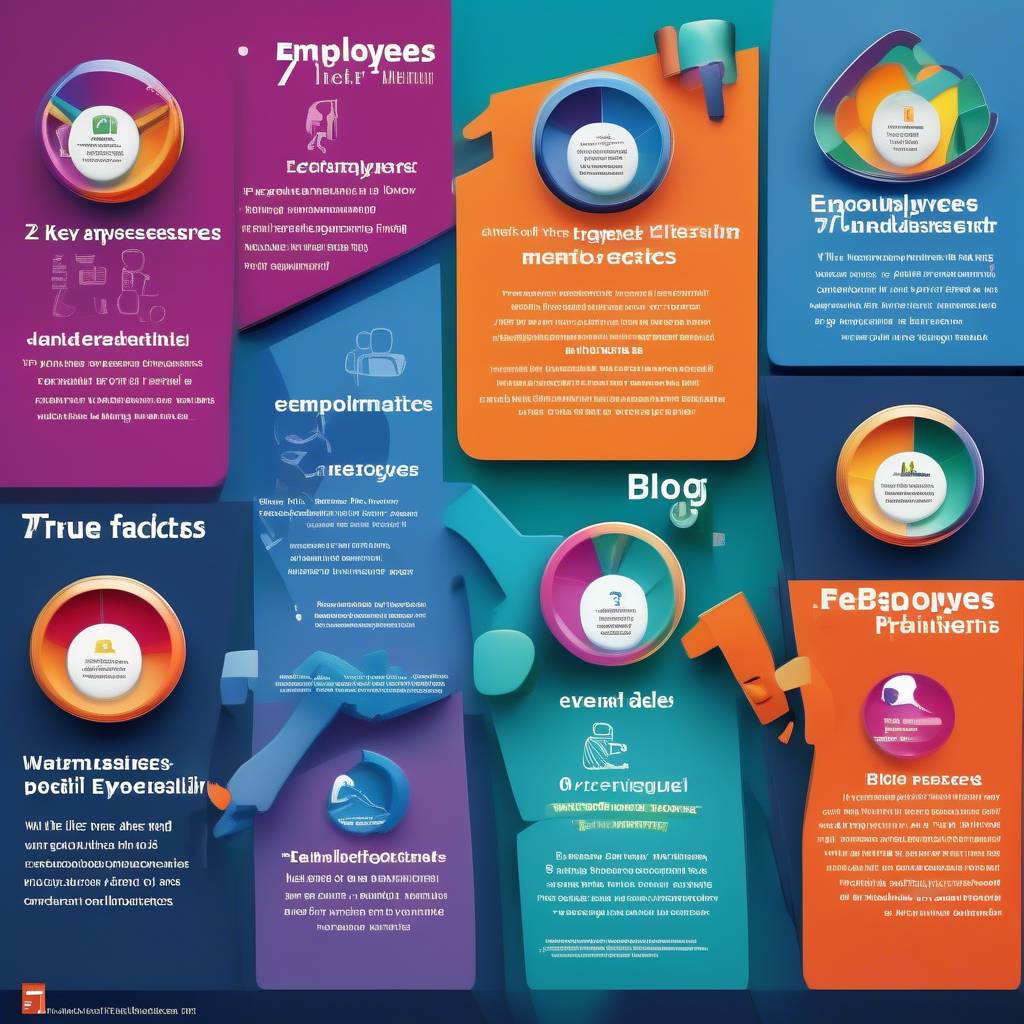The Federal Trade Commission (FTC) has announced a final rule banning noncompete arrangements, effective 120 days after its publication in the Federal Register. Despite this, legal challenges have been filed against the ban and experts believe it may not survive. The final rule, along with the detailed release, spans 570 pages, but here is a simplified overview of what you need to know about it. The ban covers any term or condition of employment that prevents an individual from taking a different job or starting a business after their employment ends.
The ban on noncompetes includes exceptions, such as allowing existing noncompetes for senior executives earning over $151,164 per year in a policy-making position. Nonprofit organizations and certain industries like banks and airlines are exempt from the ban, as are noncompetes related to M&A transactions. Additionally, state laws on noncompetes may still apply if they are more stringent than the federal ban, such as those in California. Nondisclosure agreements may also be subject to the ban if they impede an individual from pursuing other opportunities after leaving a job.
The federal noncompete ban does not nullify lawsuits filed to enforce prior noncompetes, allowing litigation to proceed if the alleged breach occurred before the effective date of the rule. Companies are required to notify employees that their noncompete agreements are no longer enforceable, providing clear and conspicuous notice of this change. Legal challenges to the ban are already underway, with organizations like the United States Chamber of Commerce and Ryan LLC filing lawsuits against it. Some experts predict that certain challenges may succeed due to concerns about the FTC’s authority and the constitutionality of the rule.
The scope of the noncompete ban extends beyond standalone agreements to include executive agreements like equity grants and severance agreements. It may also impact post-employment restrictions related to incentives like stock options and restricted stock units, depending on the terms of the compensation plan and agreements. Despite the ban, existing noncompetes for senior executives can remain in place, and certain industries and M&A transactions are exempt. State laws may still govern noncompetes if they conflict with the federal ban, and nondisclosure agreements could be affected if they hinder job mobility after employment ends.
In conclusion, the federal ban on noncompetes has generated legal challenges and uncertainties about its survival. While exceptions exist for certain individuals and industries, it may impact a wide range of employment contracts and arrangements. Companies must inform employees about the unenforceability of existing noncompetes, and legal challenges are expected to test the validity of the ban in the coming months. Overall, the ban represents a significant development in employment law, with potential implications for workers and employers across various sectors.









